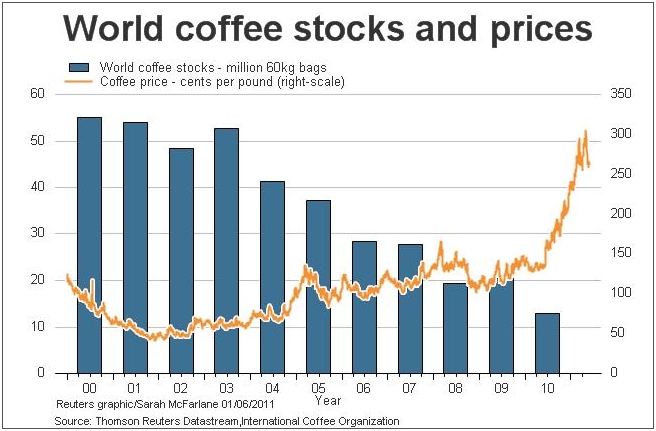Role of stock market in developing countries
The Role of Stock Market Development in Economic Growth: Evidence from Some Euronext Countries by Boubakari Ake :: SSRN
The faculty of the Kellogg School of Management bring their latest research and expertise to you in an accessible, engaging format. A Swazi who had previously worked for the World Bank had come home, the article said, decided his country needed a stock exchange, and used his considerable expertise to set it up.

Weber, already interested in how financial flows spread across the globe, started looking at the state of stock exchanges in other nations, along with Gerald Davis, a professor at the University of Michigan, and Michael Lounsbury, a professor at the University of Alberta.
A number of relatively small, still developing countries had created stock exchanges, starting in the mids. Between and , fifty-eight countries created exchanges. The researchers began to wonder what factors—domestic systems, international pressures—differentiated countries that created a stock exchange during those years from those that did not.
Founding Factors Weber and his colleagues set out to investigate two questions: What factors predict whether a country started a stock exchange between and ? And, are those same factors related to how successful the exchange is—the number of companies it trades in, the trading volume—later on?
The researchers found that a variety of factors predicted that a country would start a stock exchange, including proximity to countries creating an exchange and pressure from global financial institutions like the World Bank and International Monetary Fund IMF.
Exchanges tended to be successful when countries were inspired by their neighbors to create a stock exchange or were working to keep up with competitors, Weber and his colleagues found. But when nations started exchanges due to international pressure, the new systems tended to be adopted only superficially and did not fare as well.
To distinguish the various social factors that might influence a country, Weber and his colleagues turned to organizational research.
Companies are constantly influencing each other, both directly, such as when companies do benchmarking to compare themselves to competitors, and indirectly—such as when individual employees switch companies—bringing ideas from one to the other.
The same things happen in countries, Weber says. Officials who want to emulate the successful economic policies of a neighboring country, or financial professionals who have global connections, can influence whether or not their country creates an exchange.
Role of Stock Exchanges
Weber and his colleagues categorized social influences into four types often used by researchers studying organizations: By analogy, coercion occurs when a country changes its policies in respond to international pressure. For financial policies, this often happens when the World Bank, IMF, or other global organization provides a country with concessional aid discounted loans tied to the implementation of particular policies and economic institutions, such as an exchange.
Most of the time, however, countries are not forced to change their economic policies; they make changes for themselves based on what they have seen other countries do.
Then, they compared the 75 countries for which all that data could be found, analyzing what factors predicted whether a stock exchange was founded and how successful it would be. Weber and his colleagues found, as they expected, that World Bank or IMF involvement in a country greatly increased the chances that the country started a stock exchange.
Financial market theory of development - Wikipedia
When aid was tied to economic reforms, as it is in many World Bank and IMF programs, the motivation for creating an exchange was strong. But while concessional aid made a country more likely to create a stock exchange, it also meant the exchange was likely to be less successful in the future, with fewer companies traded and smaller market capitalization. The benefits of learning from neighboring countries, emulating successful economies through ties to the international finance community, and even keeping an eye on competitors were two-fold: Instead, countries are still embedded in the same trade networks, working with the same financial experts.
Many of the economic development programs run by organizations like the World Bank, Weber says, tend to be based on well-defined projects. The difference between coercion and peer influence could have important implications for development agencies, Weber says. Instead of focusing on meeting particular goals, organizations like the IMF might better help a country develop its economy by doing what is called capacity building, laying the groundwork that economic reforms need to truly take hold.
Trusting the Stock Market: Impressions influence investors decisions. Sustainability is a Team Effort: Corporate sustainability works best when employees are stakeholders. Growing Socially Responsible Markets: Grass-fed meat and dairy products.
Weber, Klaus, Gerald F. Davis and Michael Lounsbury. The Global Spread of Stock Markets,
